
Data & (Dis)obedience
PANELISTS & SPEAKERS
Keynote Speaker

Marek Tuszynski
Tactical Tech
Marek is Creative Director and co-founder of Tactical Tech, produces creative and social interventions that span various media, from film and radio to television, books, exhibitions and, of course, the web. For the past 25 years, he has been working at the nexus of technology and politics, information and activism and the consequences of living in a quantified society. Marek’s most recent documentary series for Tactical Tech, Exposing the Invisible explores the digital tools and tactics that now enable evidence based activism to thrive on an unprecedented scale.
Panel discussion: Making Sense of Data & (Dis)Obedience
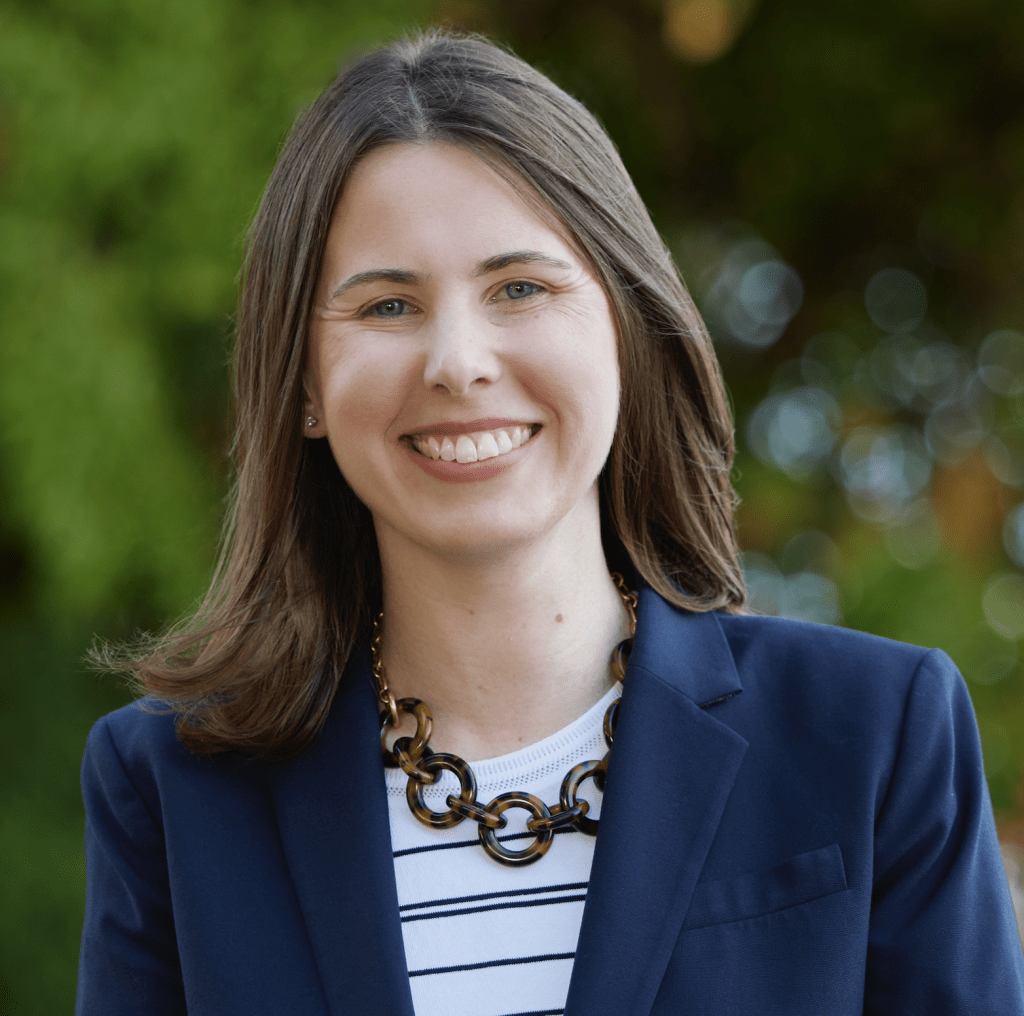
Caitriona Fitzgerald
Electronic Privacy Information Center
Caitriona Fitzgerald is Deputy Director at the Electronic Privacy Information Center (EPIC). Caitriona leads the development of EPIC’s policy agenda, providing expertise to advance strong privacy, open government, and algorithmic fairness and accountability laws at both the state and federal level. She has testified before Congress and state legislatures. Prior to joining EPIC, Caitriona served as Chief of Staff to Massachusetts State Senator Barry Finegold, where she focused on election law reforms. A member of the Massachusetts bar, Caitriona graduated from Northeastern University School of Law (J.D.) and the State University of New York at Geneseo (B.A., Computer Science).

Ben Grosser
Berkman Klein Center for Internet and Society
Ben Grosser creates interactive experiences, machines, and systems that examine the cultural, social, and political effects of software. Recent exhibitions include The Barbican in London, Centre Pompidou in Paris, SXSW in Austin, Hebbel am Ufer in Berlin, Japan Media Arts Festival in Tokyo, and the Digital Arts Festival in Athens. Grosser’s projects have been featured in The New Yorker, Wired, The Atlantic, The Washington Post, The Guardian, Le Monde, Der Spiegel, El País, and Folha. Grosser’s artworks are regularly cited in books investigating the cultural effects of technology, including The Age of Surveillance Capitalism, The Metainterface, and Investigative Aesthetics. Grosser is an associate professor at the University of Illinois and an Assembly Fellow at the Berkman Klein Center for Internet and Society at Harvard University.
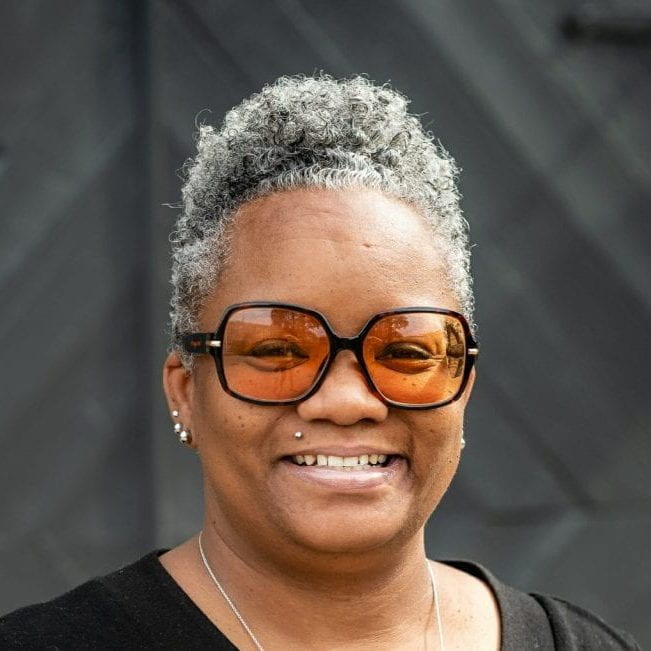
Tawana Petty
Detroit Digital Justice Coalition
Tawana Petty is a mother, social justice organizer, anti-racism facilitator, poet, and author. Her work focuses primarily on racial justice and equity issues, as well as advocating for data and digital privacy and consent. She has also spent over 15 years teaching poetry as visionary resistance to unjust policies and practices. Tawana is the founding director of Petty Propolis, a Black women-led artist incubator focused on cultivating visionary. She has been a convening member of the Detroit Digital Justice Coalition since 2016, an alumni fellow of the Digital Civil Society Lab at Stanford PACS, the Detroit Equity Action Lab and Art Matters.
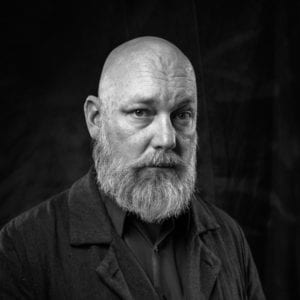
Professor Mark Shepard
University of Buffalo
Mark Shepard is an artist, architect and researcher whose work addresses contemporary entanglements of people and data, code and space, knowledge and power. His book, There Are No Facts: attentive algorithms, extractive data practices and the quantification of everyday life, is forthcoming from MIT Press (November 2022). He is an editor of the Situated Technologies Pamphlets Series (The Architectural League of New York) and editor of Sentient City: ubiquitous computing, architecture and the future of urban space (MIT Press). His work has been exhibited at museums, galleries and festivals internationally, including the Venice International Architecture Biennial; the Prix Ars Electronica, Linz, Austria; Transmediale, Berlin, Germany; and the International Architecture Biennial Rotterdam, the Netherlands, among others. Mark is an Associate Professor of Architecture and Media Study at the University at Buffalo, The State University of New York, where he directs the Media Arts and Architecture Program (MAAP) and the Center for Architecture and Situated Technologies (CAST).
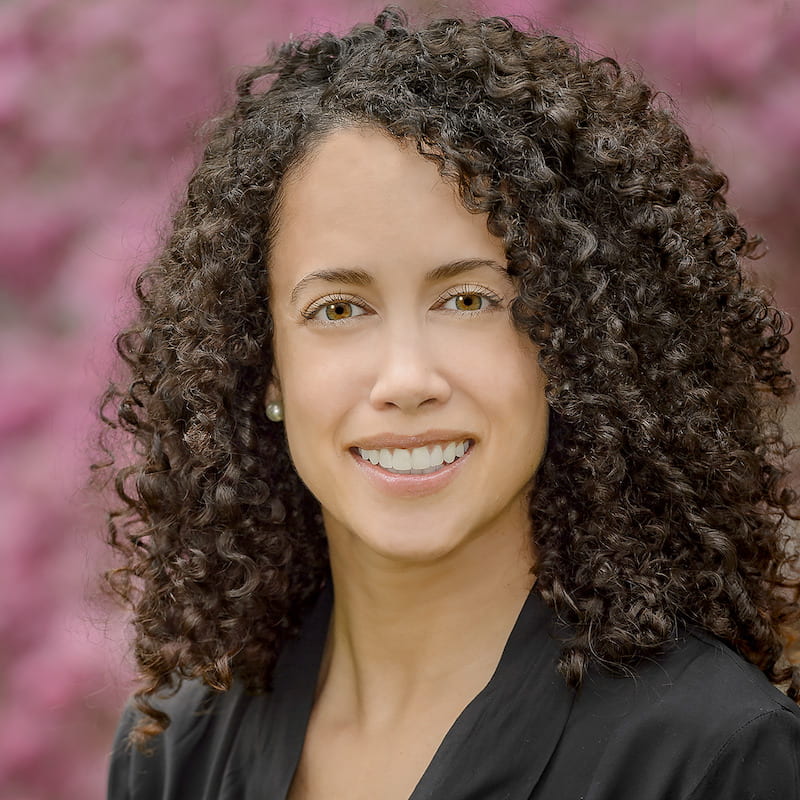
Facilitated By
Professor H.C. Robinson
Northeastern Law
Professor H.C. Robinson is a law professor at Northeastern University and her research focuses on the intersection of technology and legal decision-making in the construction of social order. She is currently leading a $1.5 million National Science Foundation project that investigates the digital platform economy and aims to develop a model of “comprehensive platform optimization” that balances profit, efficiency, public good, and worker benefits. Robinson has also written about the impact of technology on judicial interpretation of corporate rights and interactions among street-level police practices, DNA databases, and legal determinations of criminal culpability. She has previously worked as a senior policy analyst at the Brookings Institution and is active in antiracism research and organizing efforts.
Panel discussion: Family and Bodily Autonomy
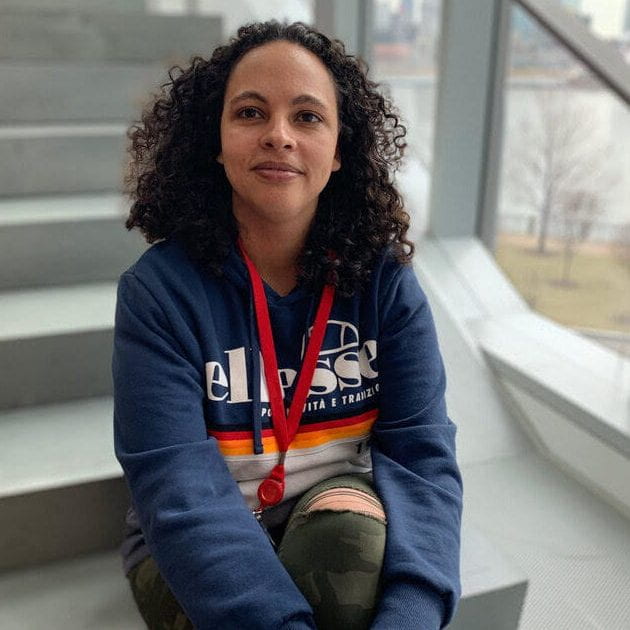
J Khadijah Abdurahman
Editor-In-Chief of Logic(s) Magazine at Columbia University’s INCITE Center.

Hannah Lucal
Just Futures Law
Hannah Lucal is a Data and Technology Fellow with Just Futures Law, where she conducts research and works on policies to end tech policing targeting Black, brown and immigrant communities. Her work supports local organizing efforts to expose how companies enable ICE surveillance and deportations. She previously organized with investors to combat the spread of racism, disinformation, and surveillance by the tech industry. She has also worked as a facilitator and anti-racism trainer with educators, parents, and caregivers working to create racial equity in schools.
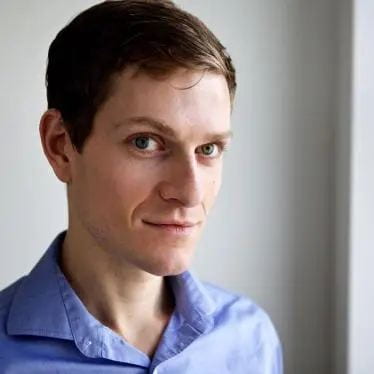
Professor Ryan Thoreson
Human Rights Watch
Ryan Thoreson’s scholarship focuses on social movement organizing around sexual rights and spans constitutional law, tort law, and comparative and international law. Previously, Thoreson taught as an Assistant Professor at the University of Hong Kong and was a Clinical Lecturer at Yale Law School. Prior to entering academia, he was a researcher in the LGBT Rights Program at Human Rights Watch, where he authored reports on the rights of LGBT youth in schools, access to public accommodations and healthcare, and discrimination and violence against transgender people, with a particular focus on human rights in the United States. Thoreson received his J.D. from Yale, where he was Executive Editor of the Yale Law Journal and Managing Editor of the Yale Journal of Law and Feminism. He also holds a DPhil in Anthropology from Oxford, where he studied as a Rhodes Scholar, and an AB in Government and Studies of Women, Gender, and Sexuality from Harvard University.
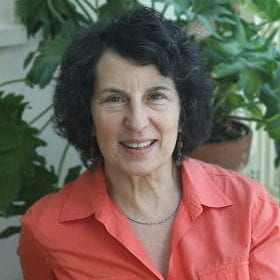
Susan Yanow
Women Help Women
Susan Yanow MSW is a co founder of Women Help Women, an international organization that provides medication abortion services, and is the spokesperson for SASS – Self-Managed Abortion; Safe and Supported in the USA. She consults to the Later Abortion Initiative at Ibis Reproductive Health and coordinates EASE – Expanding Abortion Services in the South. She serves on the Board of the ACLU of Massachusetts and the Reproductive Outreach and Education (ROE) Center, which supports reproductive health access in Alabama. In her work with Women Help Women, she was also involved in launch of Euki — a secure smartphone reproductive health app, designed with a commitment to user privacy and security and non-storage of data, that tracks menstrual cycles and provides resources about sex, consent, contraception and self-managed abortion.
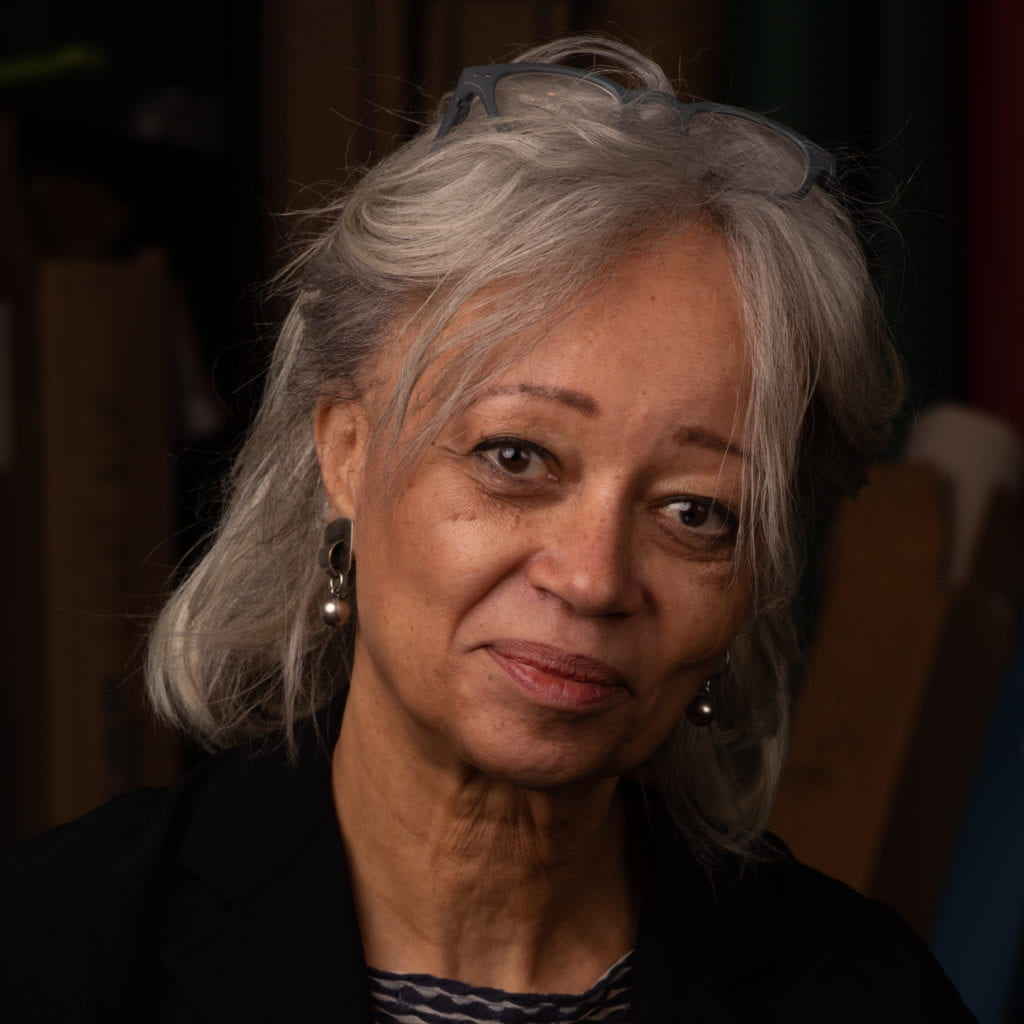
Facilitated By
Professor Patricia Williams
Northeastern Law
Professor Williams is a pioneering scholar in the fields of law and literature and critical race theory. She holds a joint appointment in the School of Law and the Department of Philosophy and Religion in the College of Social Sciences and Humanities, where she is also the director of Law, Technology and Ethics Initiatives. She has published extensively on topics related to race, gender, literature, and law. Her current research explores questions of individual autonomy and identity in the context of legal and ethical debates on science and technology, including health and genetics and algorithms. Her work challenges societal constructs of race and gender and remains at the forefront of legal scholarship.